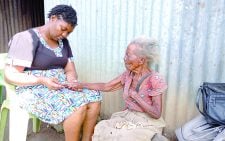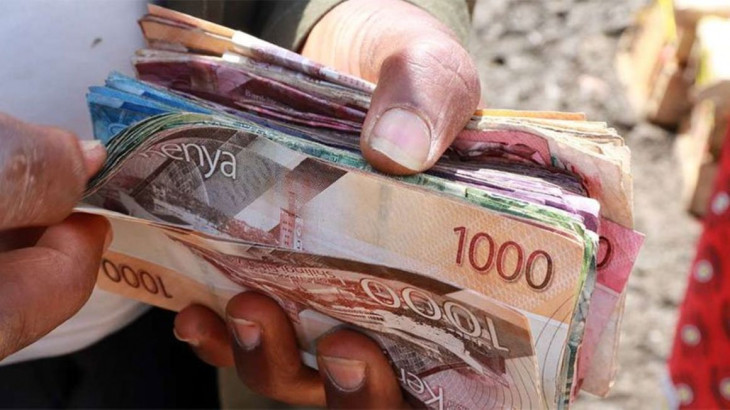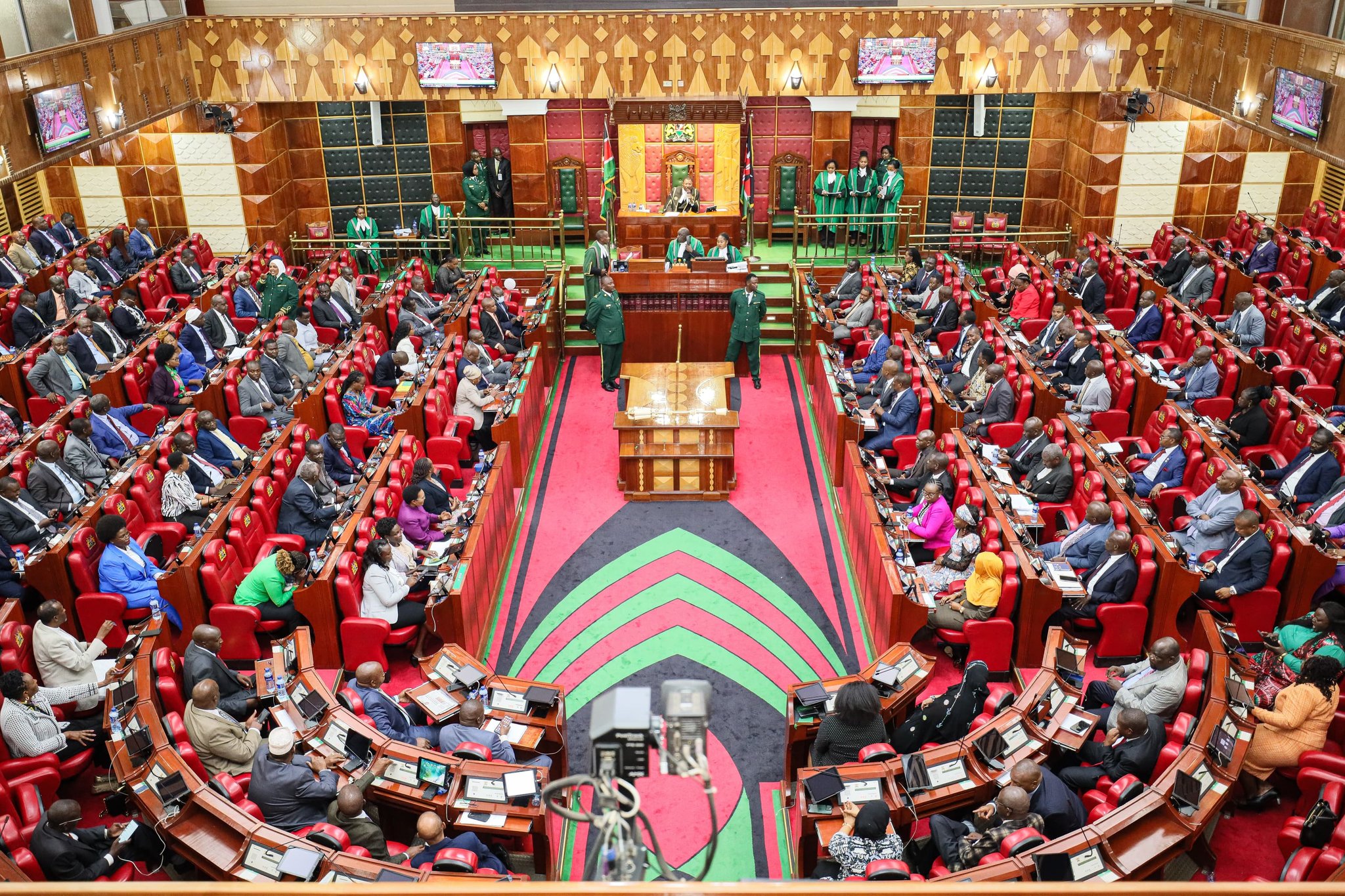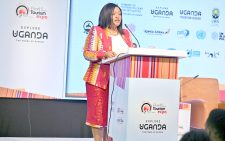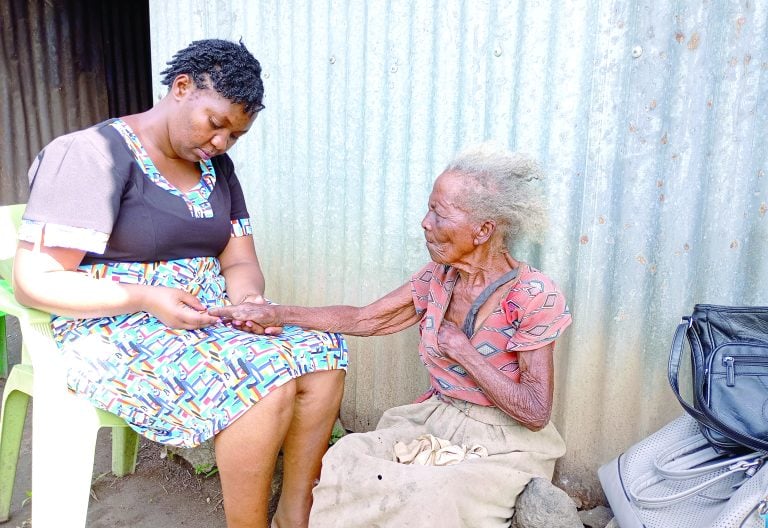104,000 poor students miss out on bursaries
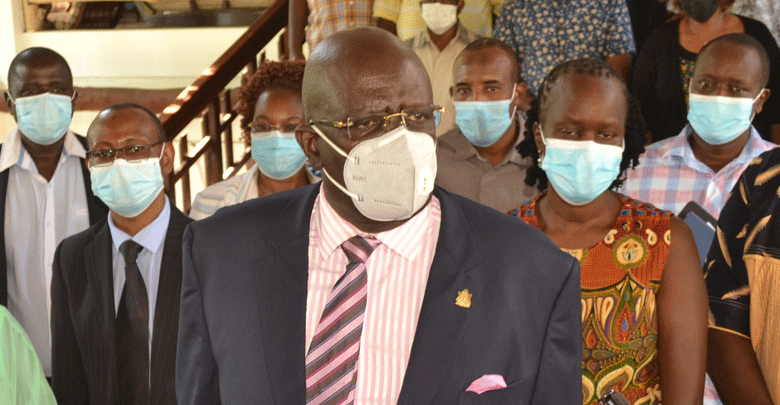
Irene Githinji and KNA
A total of 104,060 learners from poor backgrounds risk losing their form slots next month after they failed to secure bursaries to finance their secondary education, it has emerged.
They were among 114,765 pupils from the 2020 Kenya Certificate of Primary Education (KCPE) examination class who had applied for education support under the Government’s Elimu Scholarship Programme (ESP) and the Equity Foundation’s Wings to Fly initiative.
Data from the two programmes revealed that only 10,705 of the applicants were selected for the four-year scholarships, leaving the remaining learners staring at a bleak future with less than two weeks before Form One students report for the first term.
Of the successful applicants, 1,705 scholars will be joining secondary schools under the Wings to Fly Programme while 9,000 will be under the government sponsored ESP.
In total, there were 60,880 applications for the Wings to Fly Programme and 53,885 applicants for the ESP.
The ministry of Education will tomorrow launch the ESP for the 9,000 learners who have secured the scholarship, just about a week to the August 2 reporting date for 2021 Form Ones.
“ESP targets learners from poor and vulnerable backgrounds in the Secondary Education Quality Improvement Project (SEQIP) targeted areas which include 110 sub-counties and 15 urban centres that have informal settlements in Kenya.
“These are learners who because of poverty and social vulnerabilities would otherwise not transit to secondary school education,” the ministry said yesterday.
The launch entails induction of learners to prepare them for the new life and expectations in secondary school.
“This enables them to easily cope with the challenges they will face in secondary schools.
Through the process, learners are inspired to set and focus on their targets and future career ambitions at an early stage,” the ministry added.
It also stated that the intervention directly contributes to improved transition from primary to secondary school and retention of learners to ensure completion of their basic education.
The 2020 KCPE examination class is the second cohort benefitting under the government sponsored programme, all of them selected from public primary schools.
According to the ministry, the support entails full school fees for the entire secondary school education in a public secondary school the beneficiary is admitted to.
It also caters for school uniform, learning materials and personal effects for the entire period of study, transport to and from school during opening, mid-term breaks and closing and pocket money at Sh500 per term.
Needy students
The programme includes student mentorship activities that help learners’ progress in their targets and in coping with challenges of secondary school life.
“The programme has a gender sensitisation component that is geared to ensure that school programmes and activities are gender sensitive and that there is equality in provision of educational opportunities for girls and boys in the targeted areas,” said the ministry.
As government launches the ESP, Equity Group Foundation has unveiled the Wings to Fly scholarship in the counties.
In Nairobi, the foundation commissioned 1, 283 Wings to Fly scholars, who will form the 12th cohort of beneficiaries.
In Nakuru, some 347 needy students have been selected to join secondary schools under both scholarship programmes.
Equity Group chief executive James Mwangi, who spoke at Nakuru Boys when he commissioned the programme, assured that the scholarships were awarded after visits to applicants’ homes, background checks and verifications.
He said the selection process is done through a rigorous exercise that involves one-on-one panel interviews with the scholars and their parents or guardians followed by home verification visits.
“All the beneficiaries will go to boarding schools, where their school fees, learning kits, uniform, pocket money and essentials will be paid for.
Whenever schools close they will be facilitated to travel to their homes.
During school holidays, they will be taken through mentorship programmes to make them skilled individuals,” said Dr Mwangi.
Although many scholarships offer opportunities to students who excel, Mwangi said the ministry’s ESP considers scholars who scored less than 300 marks in KCPE.
“Selection of students with less than 300 marks was intentional. It does not make sense to give scholarships to children who only score above 400 because many of them do not need the scholarship.
The selection of scholars should be done wisely. They should select children who are needy and unable to pay school fees,” Mwangi said.
